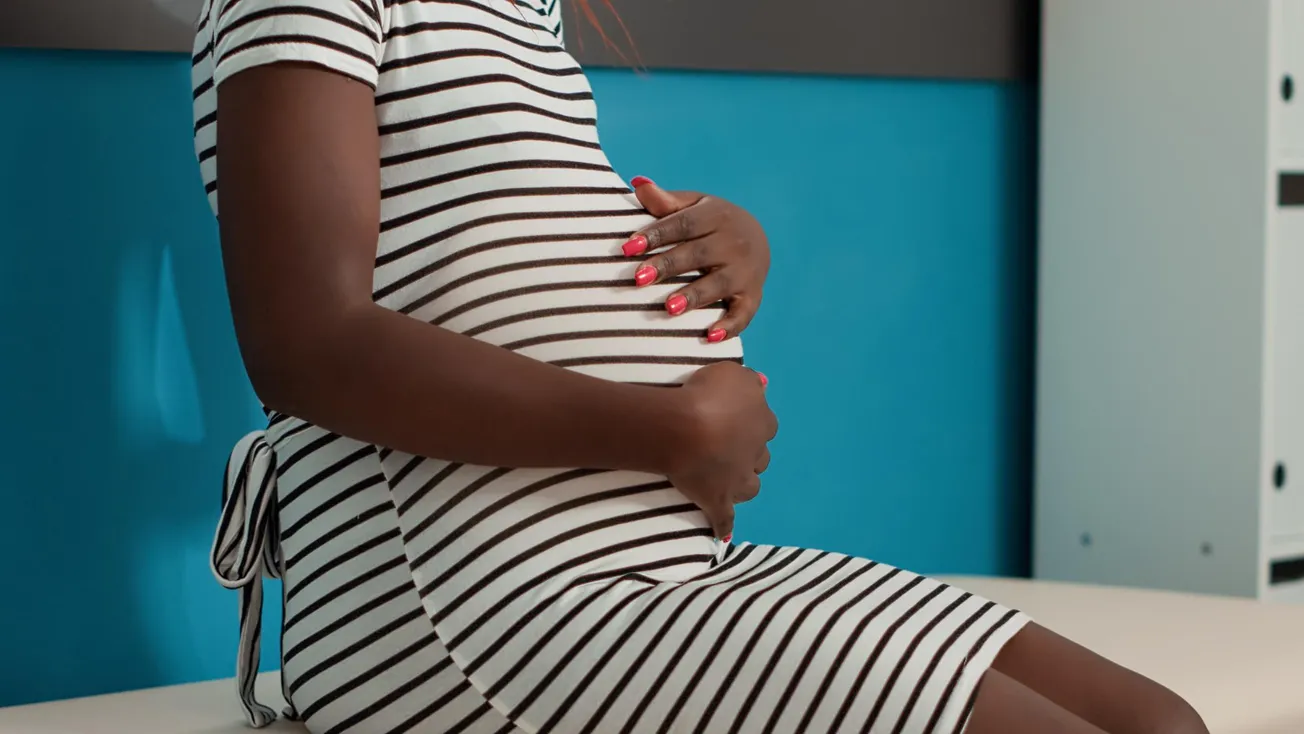Federal funding for research to prevent maternal deaths in Va., nationwide set to expire Sept. 30
As Congress stares down a potential government shutdown, it could include the funding in budget negotiations or bring new legislation in the future

As Congress stares down a potential government shutdown, it could include the funding in budget negotiations or bring new legislation in the future
